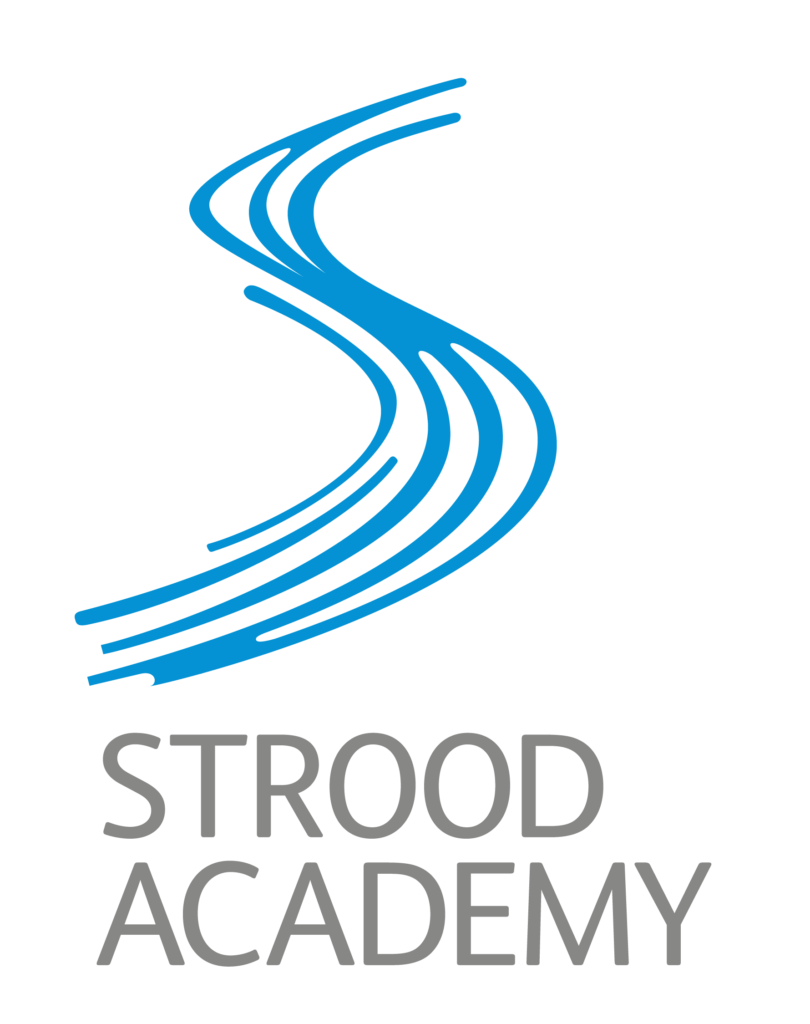Subject lead: H Janagel
Students should be introduced to a variety of experiences that explore a range of three-dimensional media, processes and techniques. They should be made aware of both traditional and new media.
Students should explore the use of drawing for different purposes, using a variety of methods and media on a variety of scales. Students may use sketchbooks/workbooks/journals to underpin their work, where appropriate.
Students should explore relevant images, artefacts and resources relating to a range of art, craft and design, from the past and from recent times, including European and non-European examples. This should be integral to the investigating and making process. Students’ responses to these examples must be shown through practical and critical activities that demonstrate their understanding of different styles, genres and traditions.
Students should be aware of the four assessment objectives to be demonstrated in the context of the content and skills presented. They should be aware of the importance of process as well as product.



